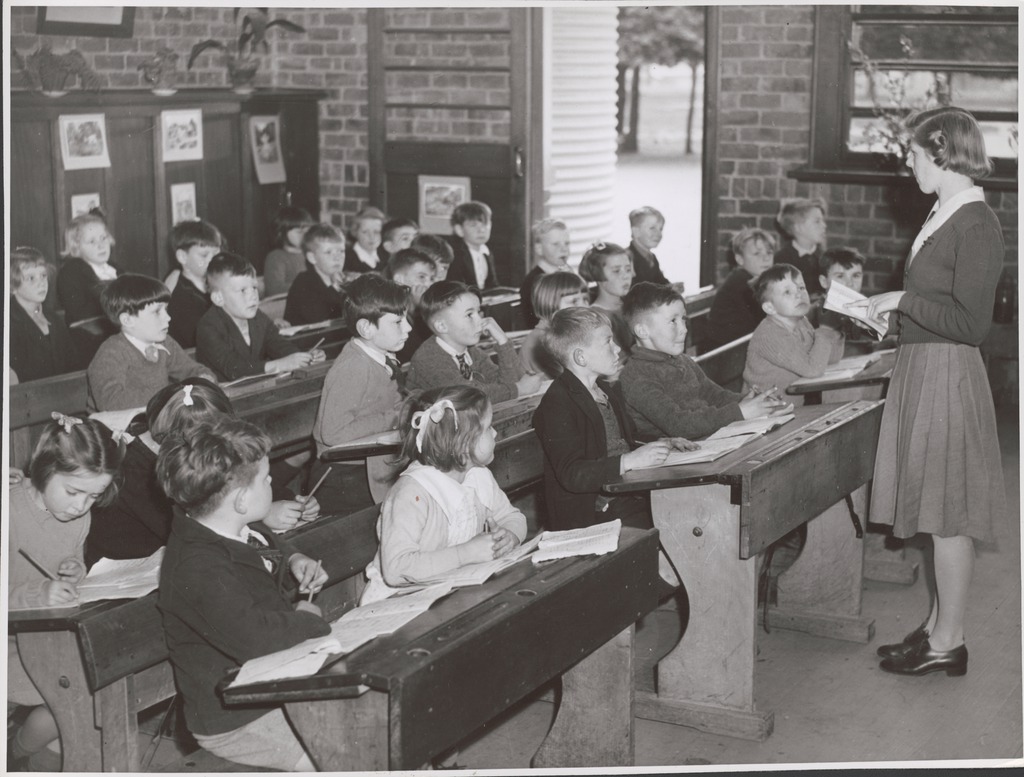Feb 12, 2015 11:54 AM Filed in:
How Things Work
"It is a cliché that most clichés are true, but then like most clichés, that cliché is untrue."
Stephen Fry
Audio Clichés
You're watching a movie and somebody rides by on a bicycle. What do you hear? Ring-ring! Yep, it's a tried and true "audio cliché." I'm guilty of using it. Or how about when the scene shifts to London, we see the House of Parliament and hear Big Ben striking it's bell. Or a jet touches down on the runway and we hear the screech-screech of the tires.
We use clichés in everyday life, it's how we communicate. Sometimes it's just so easy to use a tired phrase like "next thing I knew." I cringe when someone says "at the end of the day," or "it's a win-win situation." I wish those people would just "think outside of the box" so they would have a "paradigm shift" and "take it to the next level."
In film or television, audio clichés are normally the domain of comedy. But we've seen them crop up in serious programs as well. Here are some you might have heard, courtesy of
filmsound.org.
- Bombs always have big, blinking, beeping timer displays.
- Car tires "always" screech on dirt roads.
- Text being spelled out on screen (whether computer or lower third) MUST make some sort of typing and/or dot-matrix-printer type of sound.
- Storms start instantaneously: there's a crack of thunder and lightning, then heavy rain starts falling.
- When a light bulb gets broken, there's always a kind of electric sound.
- People standing outside a running helicopter can always talk in normal or just slightly louder than normal voices.
- When a character pulls out a knife, even from his pants, you hear a sound of metal brushing metal.
- Anytime a person speaks into a microphone, their first words will cause the mic to feed back.
- Explosions in space make noise.
- All handguns make a frightening clicking sound when handled as though to suggest that the parts are loose.
And some famous sound effects that have turned into clichés, with links to their history:
- Castle Thunder
- Until around the late '80s, whenever you heard a thunderclap in a movie, it was probably "Castle Thunder".
- The Universal Telephone Ring
- Endlessly used on television (especially in TV shows produced at Universal Studios during the '70s and '80s) and in many films as well.
- The WILHELM Scream
- A series of short painful screams performed by an actor were recorded in 1951 for the Warner Brother's film "Distant Drums." Ben Burt, sound designer for all the Star Wars films, used it in every one.
In all seriousness, why would we use a cliché sound? More often than not, we want to quickly convey information to the viewer about what they are seeing. If the bad guy pulls a knife out, then the ringing sound of the metal blade (whether it's in a cloth pocket or not) signals the viewer that this is an object to fear. Plus, real life sounds are usually just plain boring. I recently designed sound for a short comedy clip about zombies (boy was it full of clichés). One scene in particular had a "zombie killer" walking toward the camera. He had a gun in one hand (which he had just fired), and two straps of bullets over his torso. So I made the bullets "jingle" a little to imply that he had plenty of bullets left. The sound was actually keys on a key ring.
I personally don't advocate using cliché sounds as a shortcut, but I have used them on occasion when nothing else so quickly expresses the scene. In fact, when I first watch a scene that I will be designing sound for, I sometimes hear that cliché sound in my head. I then have to work as hard as I can to create a unique sound that isn't cliché. I'm sure many sound designers find themselves using cliché sounds out of ignorance because that's the way they've heard it over and over. If you're designing sound, then heed my advice and ask yourself if that sound you just put in is "an oldie but a goodie," or is it "as old as the hills." Not to sound like a broken record, but do as I say and not as I do.
Did You Know?
The term "foley" means to add live synchronous sounds to moving picture during post-production. If a scene needs the sounds of someone walking down an alley, a "foley artist" is recorded performing footsteps in time with the actor on screen. A variety of surfaces, shoes, microphones, etc. are at the artist's disposal to match the scene. The artist will usually rehearse the on-screen motions several times. It becomes a quasi-choreographed performance.
The term foley derives from the man who created the process,
Jack Foley. Foley actually started in film before the crossover from silent film to talkies. He never received screen credit for his work over the course of 33 years. A few of the uncredited movies he worked on were Spartacus (1960), Dracula (1931), and Show Boat (1929). Foley was also a composer, director, and producer.
Though often erroneously called foley, "spotting" is the task of adding pre-recorded sound effects to picture in post-production. A "spotting" list is assembled with timecodes and notes for the sound effects team. Sometimes it is both faster and better to record the sound effects as foley. Footsteps are a great example of a sound effect that is difficult to spot and easy to foley.
Tech Notes
- A studio where foley is performed and recorded is called a "foley stage."
- Small patches of different flooring material are laid out for footsteps, like wood, tile, concrete, carpet, etc. Sometimes sugar is sprinkled on the surface for a gritty step in an alley or parking lot.
- Different shoes are selected for foley, such as leather, rubber soled, boots. high heels, etc. A well-worn pair works best.
- Two leather bags of corn starch are "walked" with the hands to simulate walking in snow.
- To minimize footsteps leaking into the dialog microphones while filming, soft gels can be placed on the bottom of the actor's shoes.
- Body movement can be simulated with cloth such as denim, cotton, polyester, etc. by slightly rubbing it in time with the action.
- Many foley stages have an assortment of scaled-down doors with various doorknobs and locks.
Neil Kesterson



